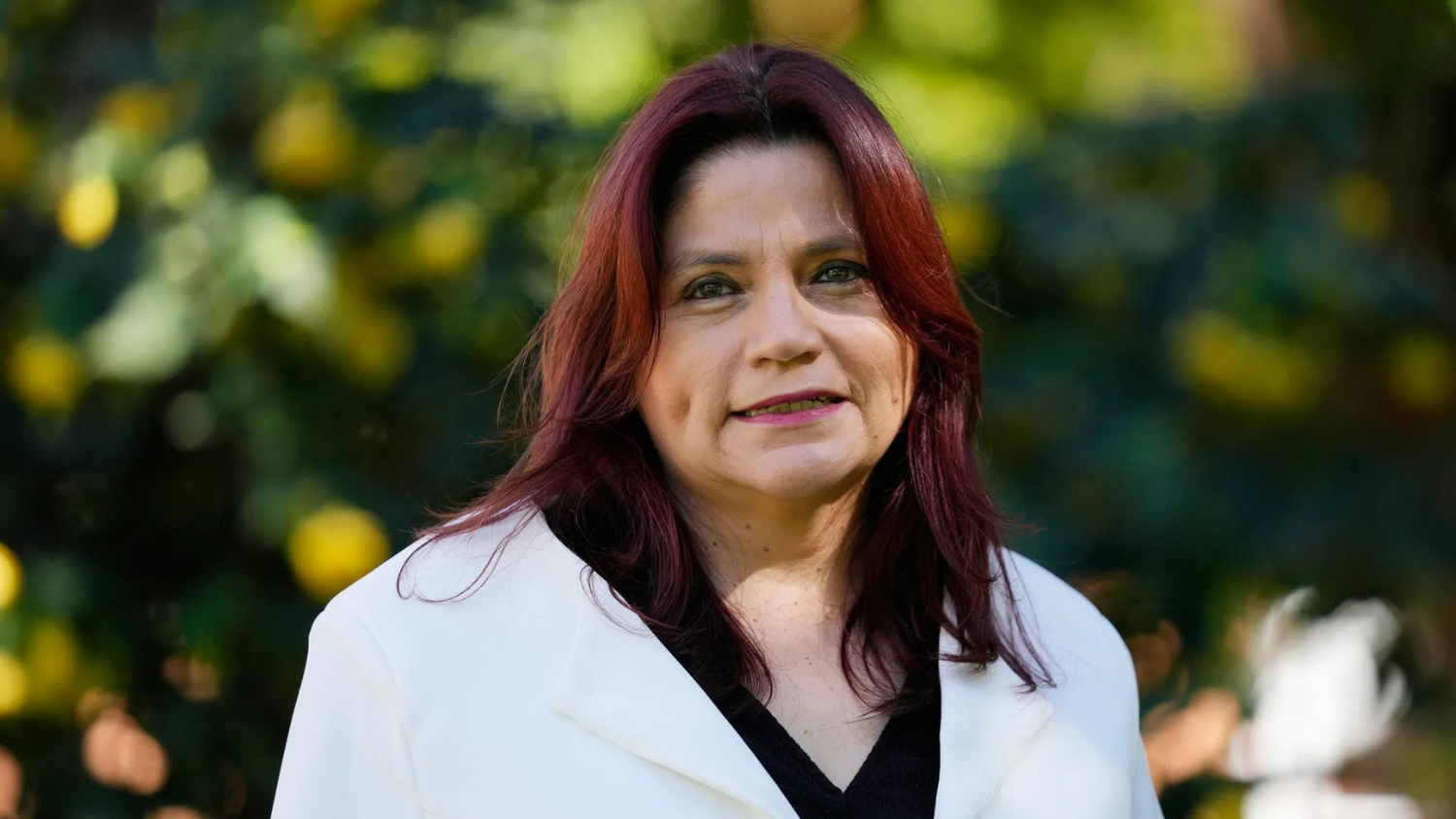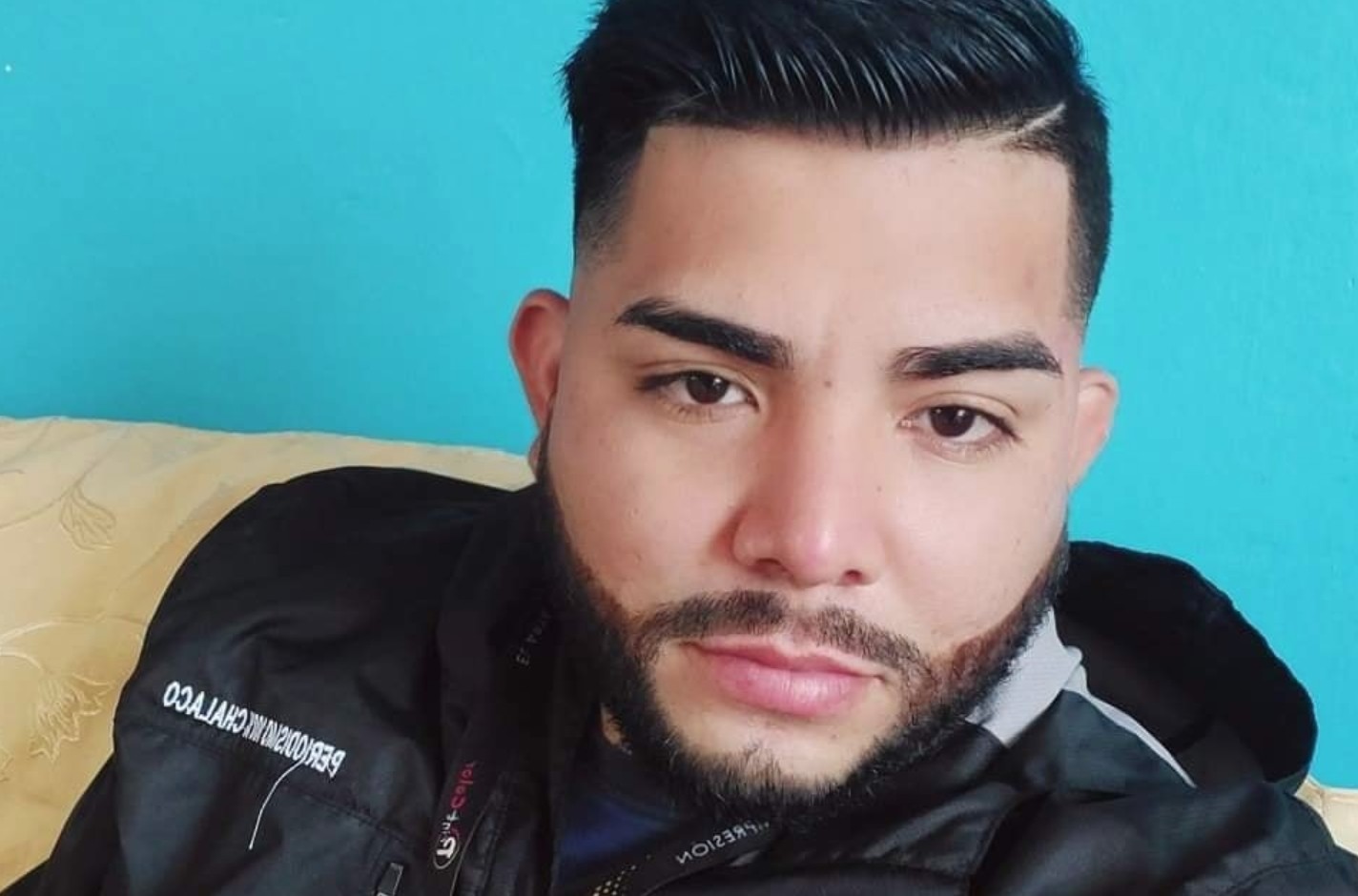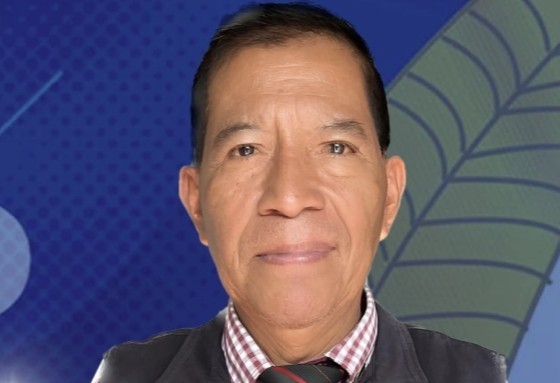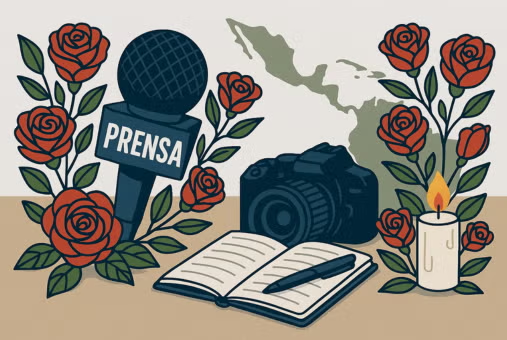
Iraqi Media Workers Face Grim Toll as 100 Reporters Killed in Past Decade
November 3, 2025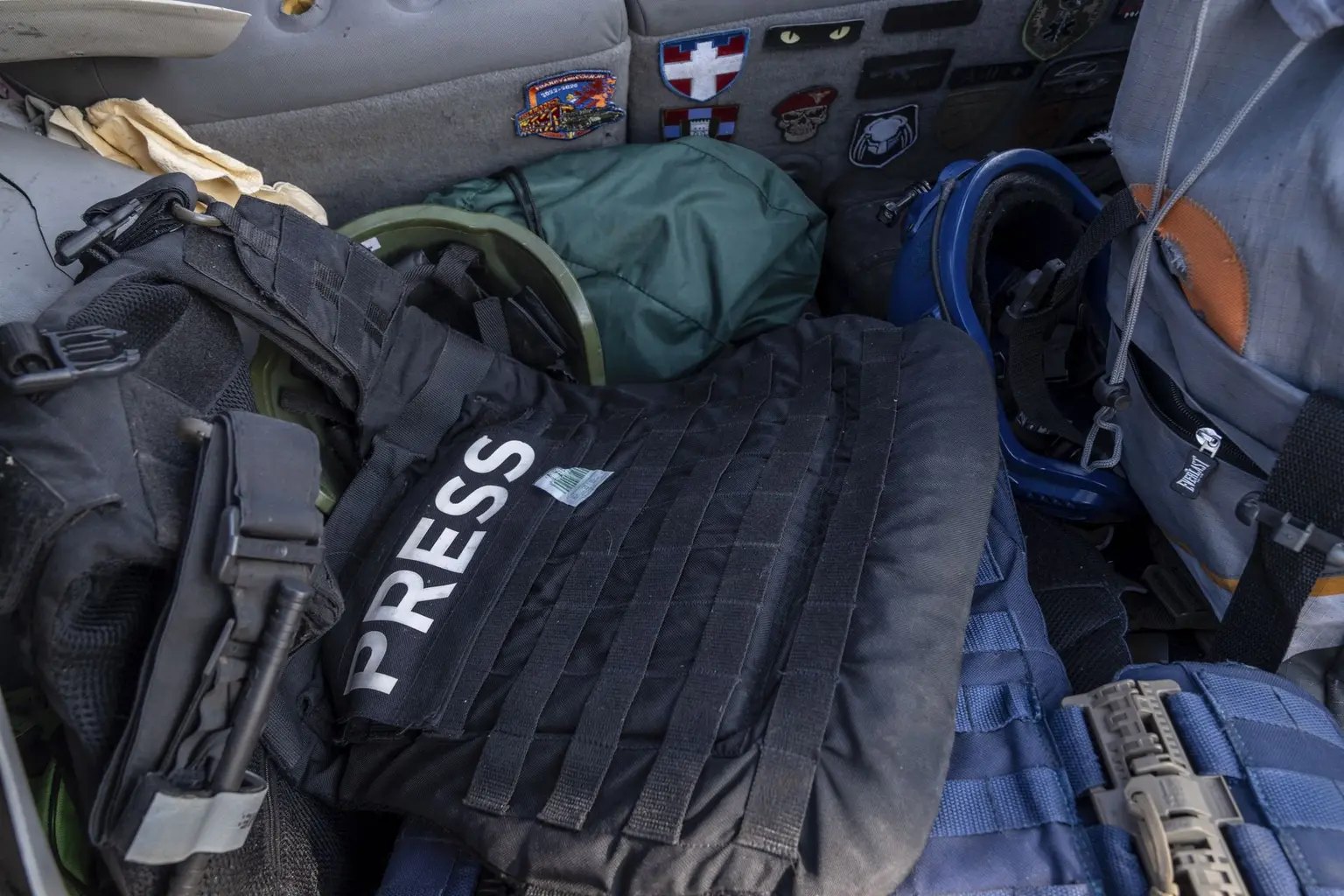
Ukraine Media Workers Pay Heavy Price for Covering War
November 3, 2025November 03, 2025 – Colombia –
Colombia’s highest criminal court has upheld the prison sentences of two former intelligence officers linked to the psychological torture of investigative journalist Claudia Julieta Duque. The decision from the Supreme Court of Colombia’s Criminal Cassation Chamber confirms the earlier rulings against Emiro Rojas Granados, ex-deputy director of the former state intelligence agency, and Néstor Pachón Bermúdez, a former agent, for their roles in a harassment campaign targeting Duque for her reporting.
As originally determined in the first and second instance courts, Rojas Granados was sentenced to 14 years’ imprisonment for aggravated psychological torture and conspiracy to commit a crime, while Pachón Bermúdez received a 12-year term for aggravated torture. The appeal hearings concluded that the defence arguments lacked grounds, thereby affirming the full weight of the previous decisions.
The harassment campaign against Duque began after she reported on the 1999 murder of journalist Jaime Garzón. Sources document long-term state-led surveillance, stalking, and psychological intimidation of Duque and her family as payback for her investigation into state complicity in Garzón’s killing.
Human-rights and press-freedom groups welcomed the cassation court’s decision as a meaningful advance after years of impunity. They underscored its importance not only for Duque’s individual case but as a precedent in holding state actors accountable for crimes against journalists. The verdict reaffirms the principle that systematic persecution of media professionals must trigger robust judicial remedies.
Nonetheless, observers caution that this remains only part of the broader struggle. Many other perpetrators in Duque’s case remain unprosecuted, and advocates argue that the investigative and human-rights architecture in Colombia still struggles to fully protect journalists under persistent threat. Duque herself has said that while she accepts the outcome with relief, she remains vigilant about ongoing risks to her safety and to others in similar circumstances.
The ruling marks a crucial victory in the fight for justice in Colombia’s media-freedom landscape — but also signals how much farther remains to be travelled before attacks on journalists are reliably met with accountability.
Reference –
Colombia’s Supreme Court upholds convictions in torture case of journalist Claudia Julieta Duque

